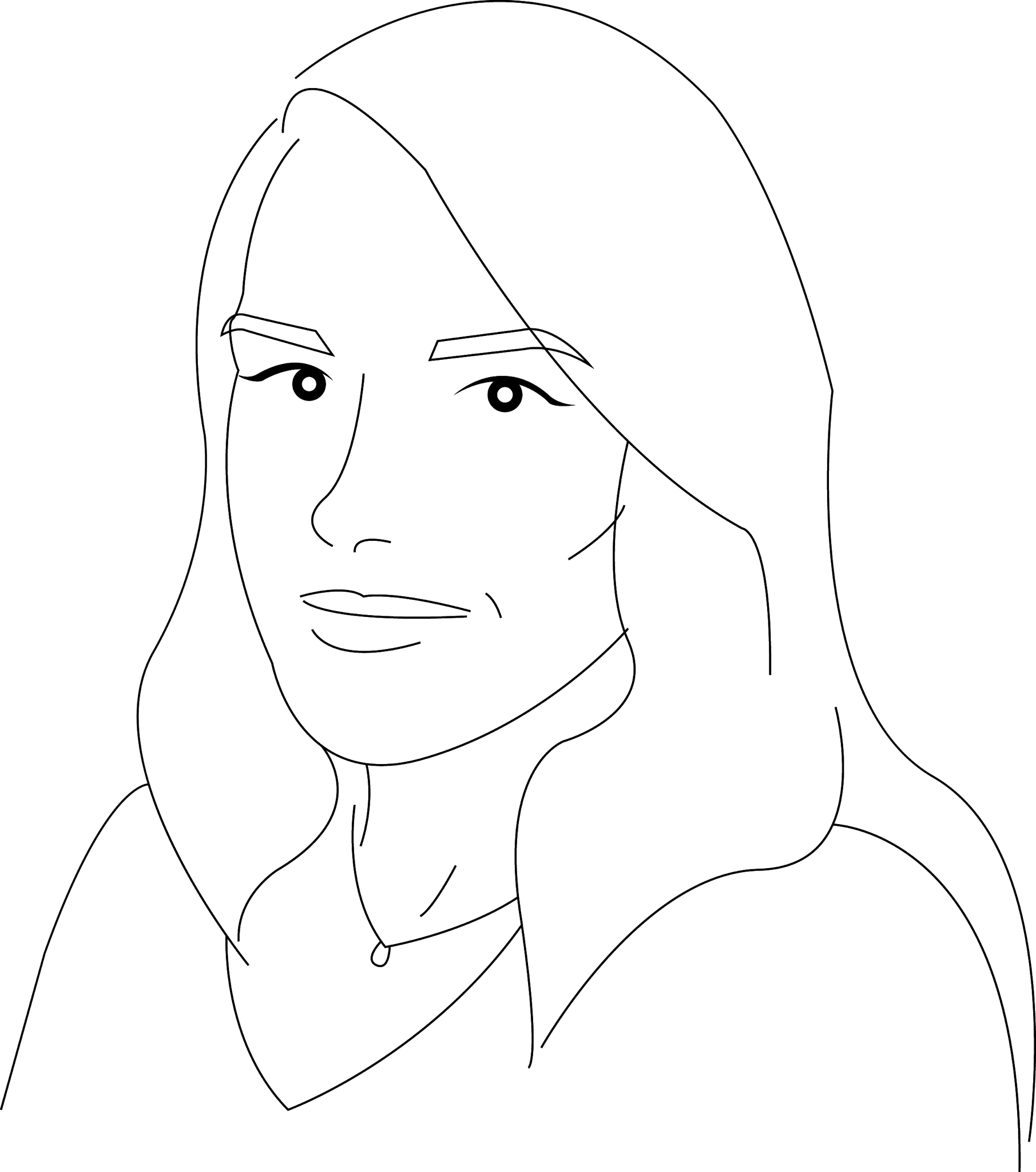Raising the Steaks
Are you familiar with a documentary called The Inconvenient Truth? Well, do I have a treat for you, because "Cowspiracy: The Sustainability Secret" makes Al Gore look like a schmuck.
The highly-praised documentary was released in 2014 and was produced and directed by Kip Andersen and Keegan Kuhn, utilizing a production budget maintained through crowdfunding. The film investigates the policies of environmental organizations such as Greenpeace, Sierra Club, Surfrider Foundation, the Rainforest Action Network, and many others. We see through interviews and confrontations with executives that they are informing the general public that greenhouse gases that cause climate change are caused by mechanical transportation, human waste, and personal water consumption. Most featured organizations, however, remain silent when questioned about the animal agriculture industry's contribution to global warming and water consumption.
Here are just some of the many facts and empirical statements that the film presents:
Animal agriculture is responsible for 18 percent of greenhouse gas emissions, more than the combined exhaust from all transportation.
Transportation exhaust is responsible for 13% of all greenhouse gas emissions, Livestock is responsible for 51%
Reducing methane emissions from animal agriculture would create tangible benefits almost immediately.
Growing feed crops for livestock consumes 56% of water in the US.
2,500 gallons of water are needed to produce 1 pound of beef.
477 gallons of water are required to produce 1lb. of eggs; almost 900 gallons of water are needed for 1lb. of cheese.
1,000 gallons of water are required to produce 1 gallon of milk.
5% of water consumed in the US is by private homes, 55% of water consumed in the US is for animal agriculture
Animal Agriculture is responsible for 20%-33% of all fresh water consumption in the world today.
Livestock or livestock feed occupies 1/3 of the earth’s ice-free land, and 45% of the earth’s total land
*Animal agriculture is the leading cause of species extinction, ocean dead zones, water pollution, and habitat destruction
2-5 acres of land are used per cow.
A farm with 2,500 dairy cows produces the same amount of waste as a city of 411,000 people
We could see fishless oceans by 2048.
For every 1 pound of fish caught, up to 5 pounds of unintended marine species are caught and discarded as by-kill, and 40% of fish caught globally are discarded anyway
Animal agriculture is responsible for up to 91% of Amazon destruction.
1-2 acres of rainforest are cleared every second.
We are currently growing enough food to feed 10 billion people, and worldwide, at least 50% of grain is fed to livestock.
*82% of starving children live in countries where food is fed to animals, and the animals are eaten by western countries.
Dairy may “give guys man-boobs”
1.5 acres can produce 37,000 pounds of plant-based food, or produce 375 pounds of meat.
A person who follows a vegan diet produces the equivalent of 50% less carbon dioxide, uses 1/11th oil, 1/13th water, and 1/18th land compared to a meat-lover for their food.
I watched Cowspiracy in its entirety on Netflix. The new-cut of the documentary was released in September of 2015 and was executive-produced by Leonardo DiCaprio.
"I'll never eat meat, Jack!"
The film is along the lines of documentaries like Blackfish. I will admit, it's a lot of hard, scary facts and images of poor animals thrown into your face at a fast and furious race. In addition to sadness, this documentary promises the mystery of government-held secrets and conspiracy theories- excuse me- cowspiracy theories. It's also look-away-gory as Anderson witnesses a cow being brutally loaded onto a bulldozer for slaughter, and sustainably-reared duck being bloodily beheaded by a blunt axe. Afflack?
The film ends optimistically, though, as it concludes with encouragement to go vegan. The Cowspiracy virus has struck a chord with millennial empathy across the nation, as thousands of young people have taken to Youtube and other forms of social media to tell stories of how they convinced their entire families to switch to a vegan diet. The fact that the documentary is now streaming on Netflix and was revamped by St. Leo DiCaprio, the patron saint of pubescent girls and their sexual awakenings in the late 90's, only elevates its ~cool~ factor.
So what did I think of this? Because I am a cold-blooded human being, I was able to watch the gory scenes of slaughter with nothing more than an "Ew... Oh God Ew...". Look, I like meat. I like cheese. I want pizza back in my life. This doesn't change my taste-buds, but it does change my opinion.
A stereotype I've come to find of hippie, hemp-wearing, animal-loving vegans is that they are naive. I've thought it, you've thought it... my 2 year-old English Springer Spaniel has probably thought it, but come on: When did giving a rat's ass about the environment make you a pansy?
"Ha ha, you think about global warming from time to time... you must be a nerd!"
To update you on my personal veganism: No, I don't think I will continue being a vegan after this semester is over; However, I would advise you to choose alternatives when you have the chance. If you go out of your way to bike to work or to take a shorter shower in order to lessen your carbon footprint or save water, then think about eating a pasta and drinking a smoothie instead of eating a steak and drinking a milkshake.

